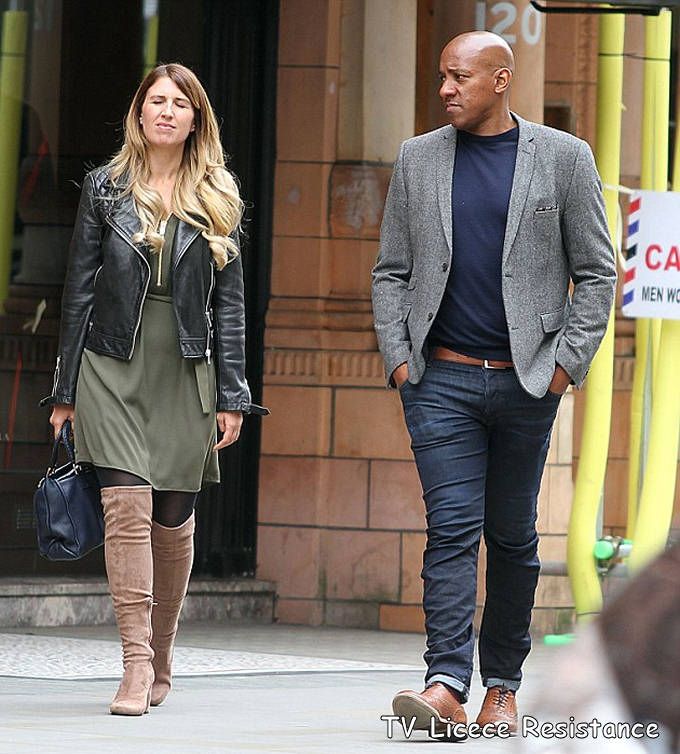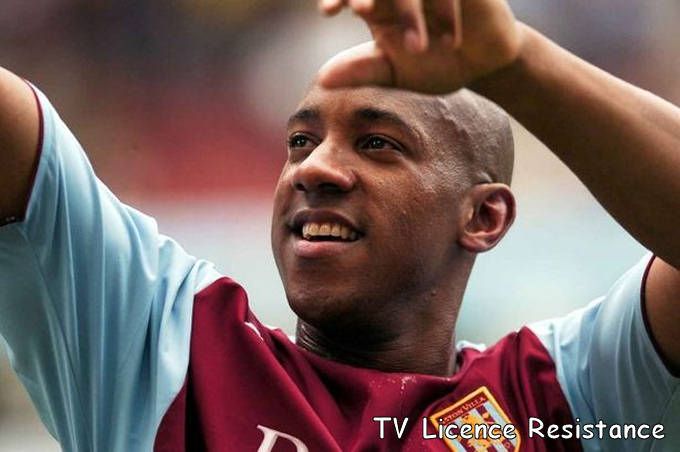Former Manchester United and England footballer Dion Dublin has benefited from £50,000 from a BBC fund (Taxpayers) set up to make sure the broadcaster fully represents Britain, it was claimed last night.
- Dion Dublin reportedly benefited from £50,000 payment from a BBC fund
- The Diversity Creative Talent Fund was set up to encourage minorities
- Dublin made more than 600 league appearances during his 20-year career
The 47-year-old ex-player made more than 600 league appearances during his 20-year career playing for a host of clubs including Norwich City, Aston Villa and Coventry City.
And after retiring as a footballer, the 6ft 2in striker and centre back went into television and received licence payers’ money to train for his debut hosting Homes Under The Hammer, reports The Sun.


It means the former footballer, who earned four England caps, has reportedly been given the largest amount from the BBC’s Diversity Creative Talent Fund.
He became the property auction show’s third presenter when he joined Martin Roberts and Lucy Alexander last year.
Insiders are said to be stunned that the money went to Dublin – who used to earn £20,000 a week – and not to younger people who could have presented the programme, the newspaper reports.
After playing football, Dublin worked in the media as a pundit for Sky Sports and also commented on a number of high-profile matches including Champions League ties.
He also co-presented 606 on BBC Radio 5 Live and football highlights show Match of the Day 2. In addition, Dublin is known for inventing a cube-shaped drum called The Dube.

The BBC faced criticism a fortnight ago when two trainee scriptwriting vacancies were advertised as only for non-white applicants.
A BBC spokesman said: ‘We’re proud the fund has helped develop a significant number of presenters, writers and producers from ethnic minority backgrounds to make sure that the BBC fully represents the UK.’
On the BBC’s Diversity page, it reads: ‘Recognising the importance of diversity in everything we make provides us with a creative opportunity to better reflect our audiences and who we are through our output. It is about avoiding sameness to achieve authenticity onscreen.
‘As part of our ongoing commitment to diversity we ask all independent producers to discuss with their commissioning editor how they plan to make their content and productions as diverse as possible, and to specify this in the editorial specification form.’